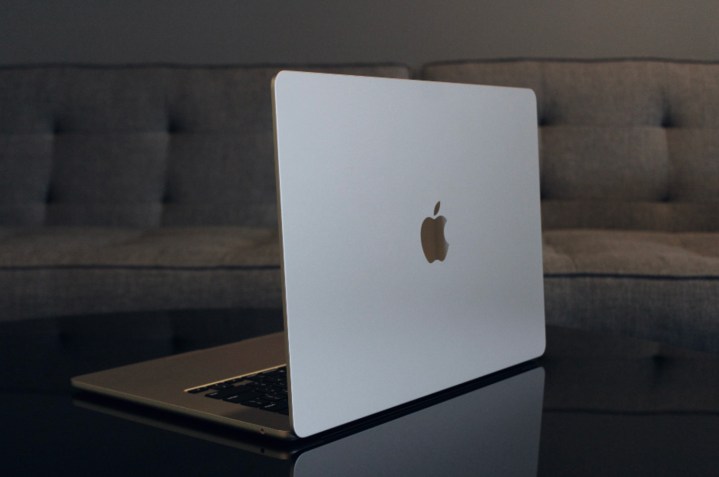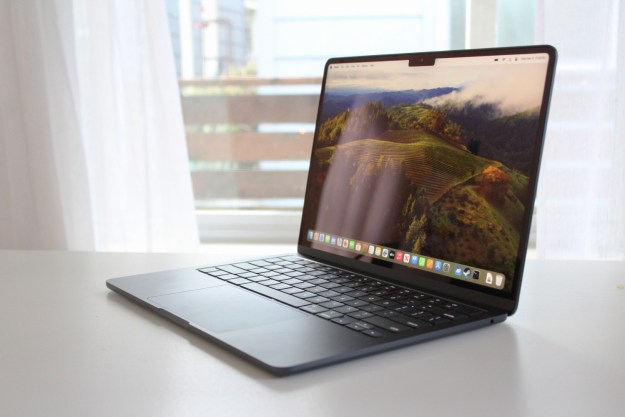Apple’s 15-inch MacBook Air is a surprisingly good laptop, and its positive reception might make you wonder why Apple didn’t launch it sooner. Well, we just got the answer from Apple itself, and it turns out the fault apparently lies with Intel.
That interesting tidbit was revealed by Laura Metz, Director of Product Marketing at Apple, and Thomas Tan from Apple’s enterprise product marketing team. Speaking to Inc, the pair explained that Apple silicon was the driving force in creating the 15-inch MacBook Air.

“When we set out, we wanted to make a 15-inch MacBook Air,” Metz explained to Inc. “But when you think of what the designs looked like previously, it just didn’t work. It just did not say ‘Air’ to us.”
In other words, the Intel chips inside previous MacBook Air models couldn’t handle what Apple wanted from a larger version of the laptop. Considering how incredibly thin the new models are, and how much cooling previous Intel chips needed, that makes sense.
Metz then continued: “It was only with Apple Silicon where we were able to have all the right components to bring that larger display along with the battery life and performance that users would expect from a MacBook Air.”
Designed around Apple silicon

It’s an interesting point because in recent years we’ve seen Apple start to design its products around the Apple silicon chips on the inside. We saw it with the 24-inch iMac, which was much thinner than its Intel-based predecessor. And we saw it in the 13-inch MacBook Air, which uses an Apple chip so efficient that it doesn’t need a fan (that’s true for the 15-inch model too).
The Inc interview suggests the larger MacBook Air has been popular among business users who appreciate the larger display but don’t need the more powerful — and more expensive — 16-inch and 14-inch MacBook Pro. “We’re seeing customers in retail industries adopting MacBook Air for everyday use, we’re seeing that in manufacturing, and we’re seeing that in health care,” said Tan.
It’s clear that Apple silicon has been a game changer for the MacBook Air, transforming it from an underwhelming and underpowered device to something that holds its own as one of the best laptops around. And it’s also clear that Apple isn’t shy about crediting its own chips for that success — and burning Intel in the process.
Editors' Recommendations
- These 6 tweaks take MacBooks from great to nearly perfect
- If you buy one MacBook Air alternative, make it this one
- The case for buying the M2 MacBook Air over the M3 model
- All the ways Intel Macs are still better than Apple Silicon Macs
- Which color MacBook should you buy? Here’s how to pick




